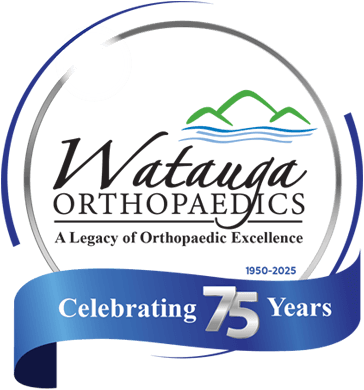Boutonniere Deformity - Finger Deformity
Introduction
A boutonniere deformity occurs when the tendon that straightens the middle joint of your finger is injured, weakened or stretched. The injury allows the middle finger joint to bend (flex) and the end finger joint to pull back and hyperextend. This makes the finger appear crooked.
A boutonniere deformity can cause pain and loss of function. Treatments include splinting, hand therapy, and surgery. When treated promptly, conditions tend to have the best outcomes.
Anatomy
Causes
Symptoms
Diagnosis
Treatment
Surgery
Recovery
Prevention

Copyright © - iHealthSpot Interactive - www.iHealthSpot.com
This information is intended for educational and informational purposes only. It should not be used in place of an individual consultation or examination or replace the advice of your health care professional and should not be relied upon to determine diagnosis or course of treatment.
The iHealthSpot patient education library was written collaboratively by the iHealthSpot editorial team which includes Senior Medical Authors Dr. Mary Car-Blanchard, OTD/OTR/L and Valerie K. Clark, and the following editorial advisors: Steve Meadows, MD, Ernie F. Soto, DDS, Ronald J. Glatzer, MD, Jonathan Rosenberg, MD, Christopher M. Nolte, MD, David Applebaum, MD, Jonathan M. Tarrash, MD, and Paula Soto, RN/BSN. This content complies with the HONcode standard for trustworthy health information. The library commenced development on September 1, 2005 with the latest update/addition on February 16, 2022. For information on iHealthSpot’s other services including medical website design, visit www.iHealthSpot.com.




